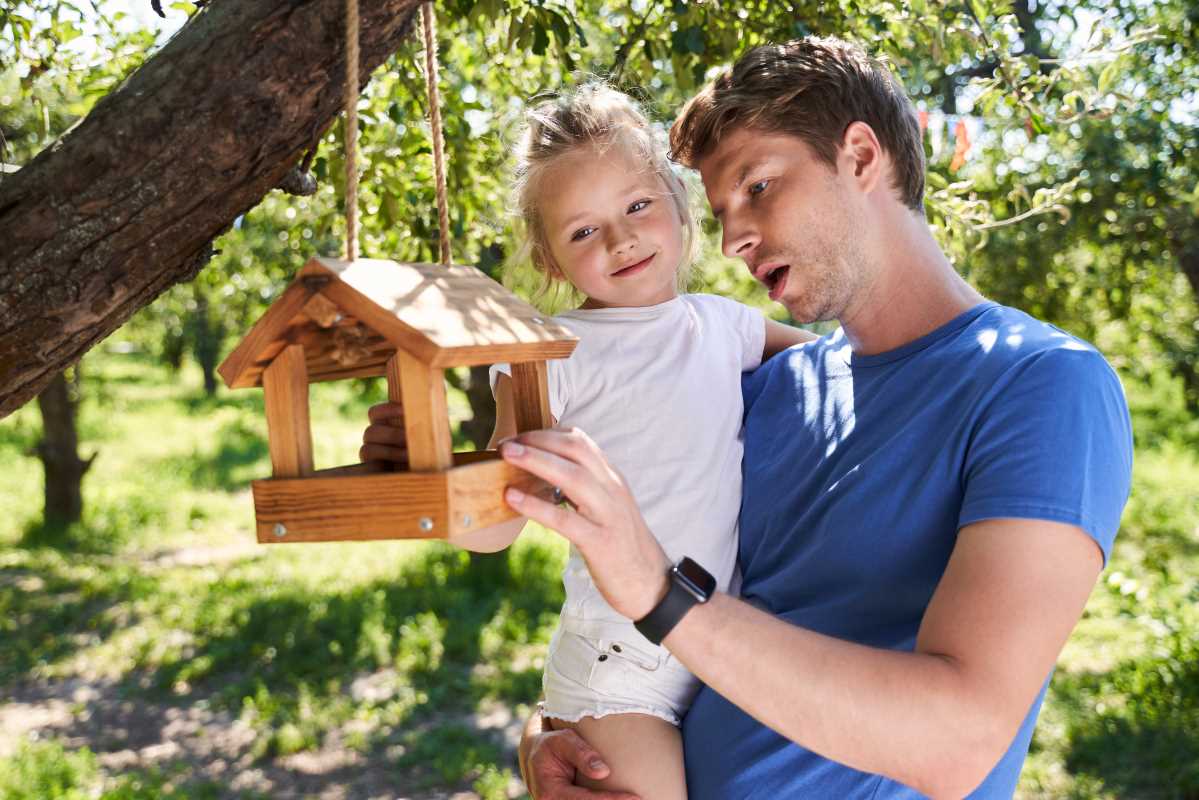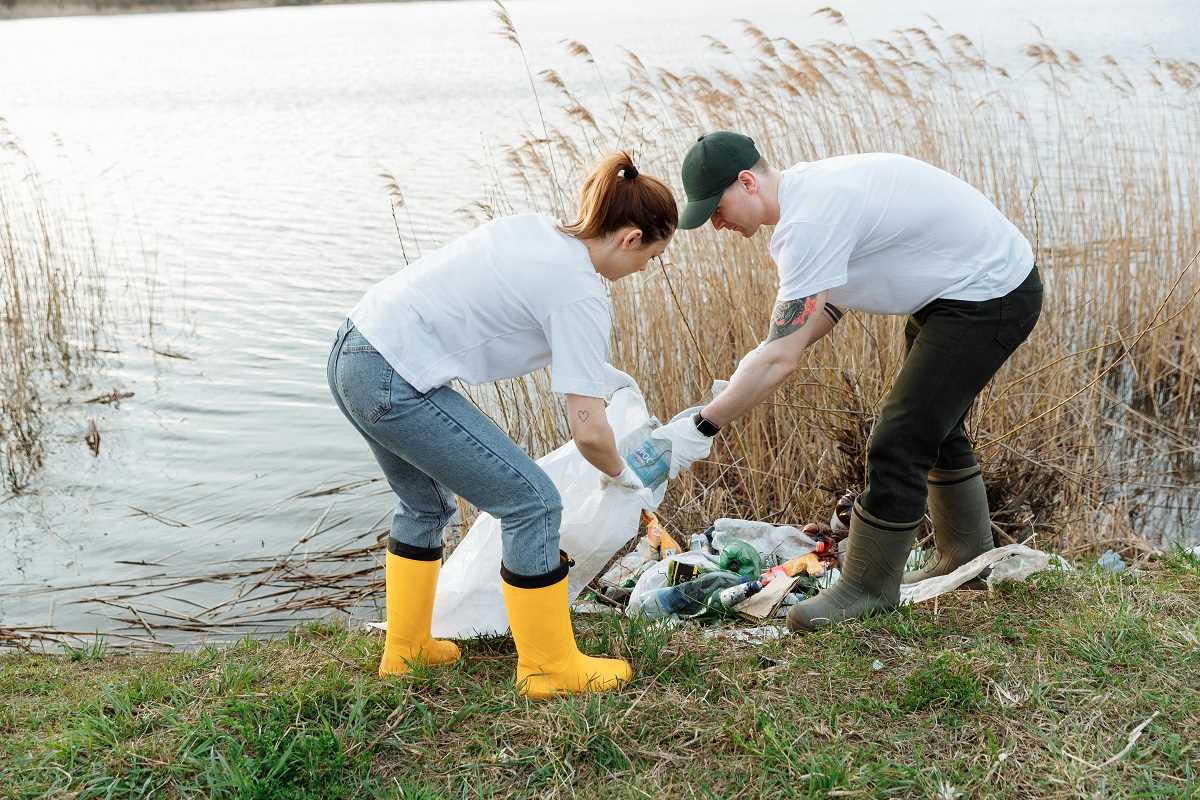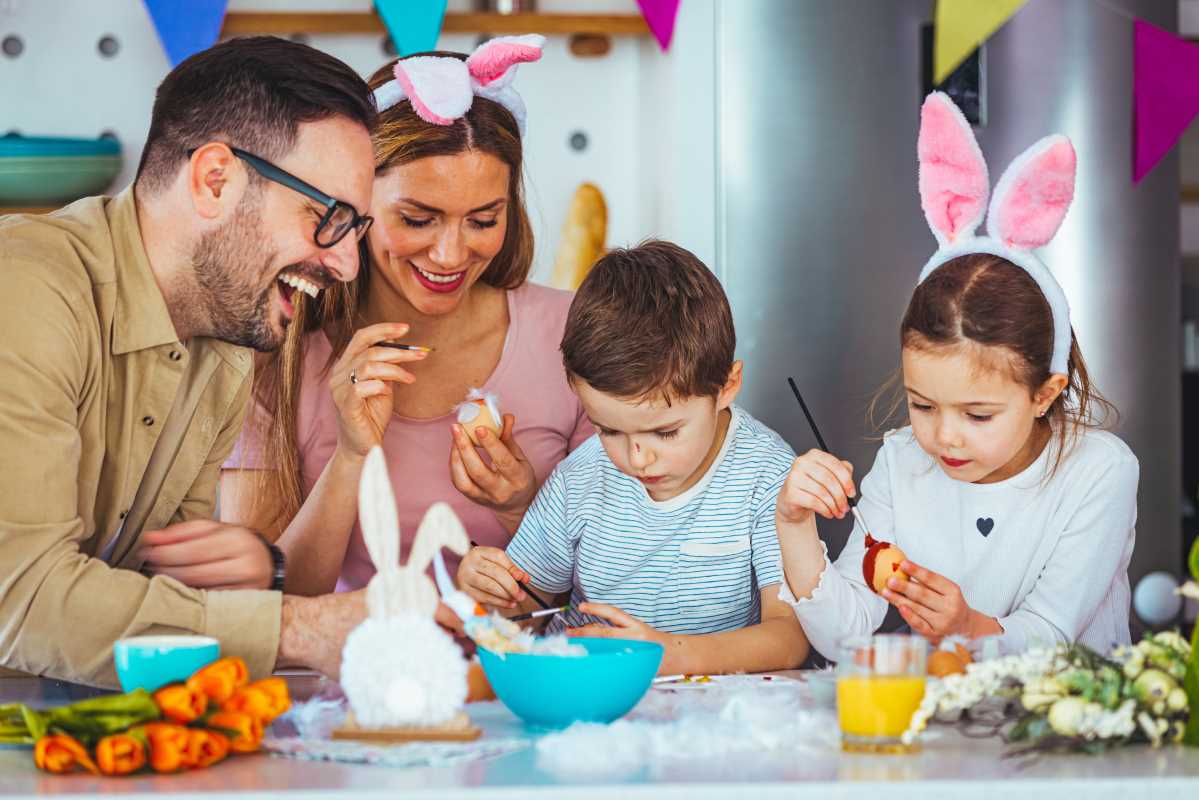Creating lasting bonds between children and elderly relatives can foster a deep appreciation for family, enrich children’s understanding of different life stages, and provide seniors with a renewed sense of purpose and joy.
Here are some strategies for nurturing these special connections and helping them flourish over time.
Create Shared Activities
One of the best ways to help children bond with elderly relatives is by encouraging shared activities. Pick simple, enjoyable activities that both age groups can enjoy together.
- Baking, gardening, drawing, crafting, or working on puzzles are often great options.
- Activities like these allow the elderly to pass on skills while sharing their personal experiences, creating memories that children will carry with them.
- For relatives who may not be physically active, consider activities that don’t require much movement, like knitting, playing cards, or even storytelling.
Embrace Storytelling
Encouraging elderly relatives to share stories about their youth can be a wonderful way for kids to connect with them. This is particularly valuable if you have a relative with a rich history, whether they grew up in a different country, served in the military, or experienced major events in history.
Help children ask questions like “What was your favorite game to play as a kid?” or “What was school like for you?” and give seniors the chance to talk about their lives in a way that’s accessible to children. This will help children understand more about their family history and connect with their relatives on a personal level.
Encourage Age-Appropriate Conversations
Kids can sometimes feel shy or unsure about talking to elderly relatives.
Help them start simple conversations with prompts that both kids and seniors can answer, like “What was the funniest thing that happened to you this week?” or “What was your favorite food when you were my age?”
These questions can be fun, but they’re also structured to bring out the similarities between generations, helping children realize that their elderly relatives may have had similar experiences and interests at their age.
Foster Patience and Understanding
Children can be energetic and curious, but it’s essential to teach them patience when interacting with elderly relatives who may move or speak more slowly.
- Explain to your kids that aging sometimes changes how people move, hear, or remember things.
- Help them understand that their relatives might need a little extra time or assistance, and show them how they can help, whether that’s by speaking clearly, holding a hand while walking, or even just waiting without interrupting.
By learning to approach elderly relatives with respect and patience, children can develop empathy and deepen their bonds with these important figures in their lives.
Explore Shared Interests and Technology
Many elderly relatives may be open to learning more about their grandkids' hobbies, like playing video games, listening to new music, or exploring the internet.
If the older person is open to it, consider using technology as a bridge between generations. For example, a grandchild might help their grandparent learn how to use a smartphone, play a favorite song, or even teach them about a simple game. Teaching moments allow kids to feel useful and involved in the interaction, creating a mutual respect that benefits both.
Schedule Regular Visits
Regularity is key to creating strong, meaningful relationships. When possible, try to make visits with elderly relatives part of your family’s routine.
Children thrive on routines, and knowing they’ll see their grandparents or older relatives regularly can help them become more comfortable. This routine also helps kids build a stronger sense of familiarity and affection, making these relationships natural rather than forced.
If in-person visits aren’t feasible, consider scheduling video calls so children and seniors can still see and talk to each other regularly.
Engage Kids in Preparing for Visits
Involving children in the process of planning or preparing for visits can help them feel excited and invested. Whether they help choose a small gift, bake a treat, or draw a picture to share, these activities build anticipation and make the visit feel like a special event.
- Encourage children to think about things they’d like to do or talk about during the visit.
- They might want to bring a book to read aloud, a new toy to show off, or a photo to share, fostering a sense of connection and ownership in the visit.
Respect Boundaries
While it’s great to encourage interaction, be aware that both children and elderly relatives need their boundaries respected. Some seniors may have limitations in energy, patience, or health that can make lengthy or noisy visits overwhelming.
Similarly, children may not always be in the mood for structured activities or conversations. Allow breaks and be sensitive to the moods and needs of both sides.
Reinforce the Value of Family Connections
Encourage children to see the importance of family connections by modeling it yourself. Show enthusiasm for spending time with elderly relatives and talk positively about the time you spend together as a family.
Children pick up on their parents' attitudes, so demonstrating warmth and affection toward grandparents or elderly relatives helps children feel that family connections are valuable and rewarding.
Creating a bond between kids and elderly relatives can take time, but with patience, encouragement, and regular interaction, these relationships can become meaningful and rewarding. For both generations, these moments offer opportunities for love, learning, and connection that will be cherished for years to come.
 (Image via
(Image via





